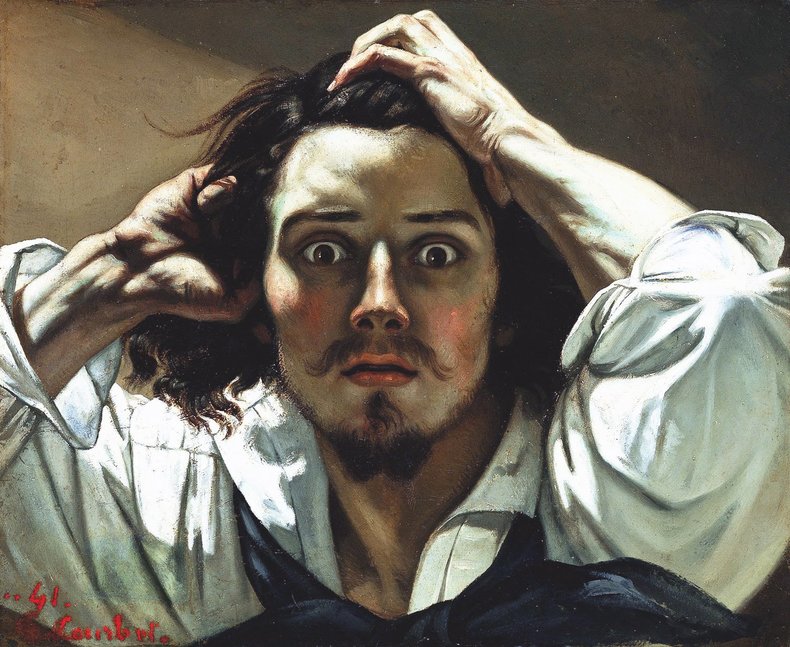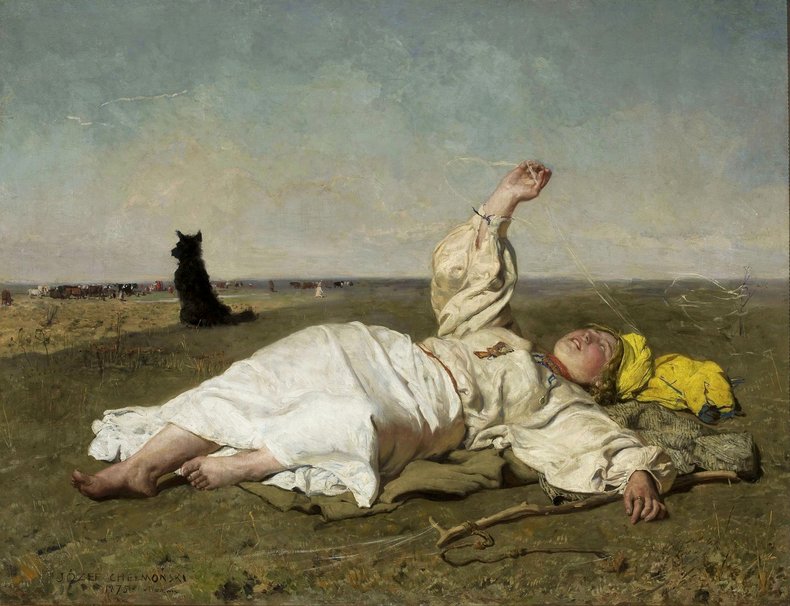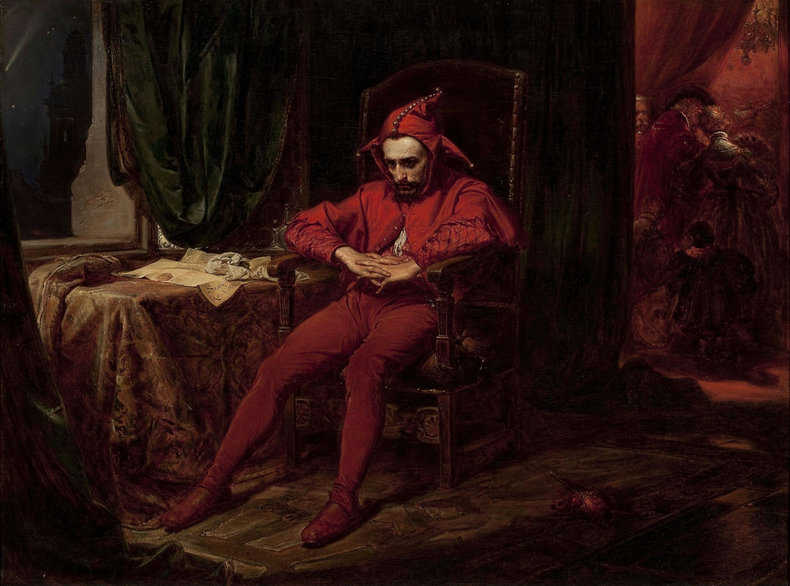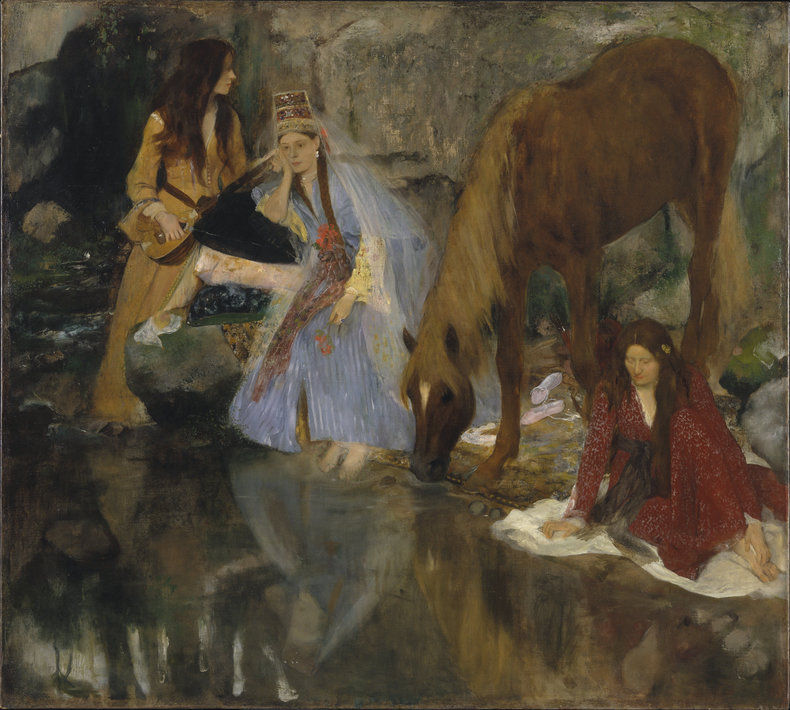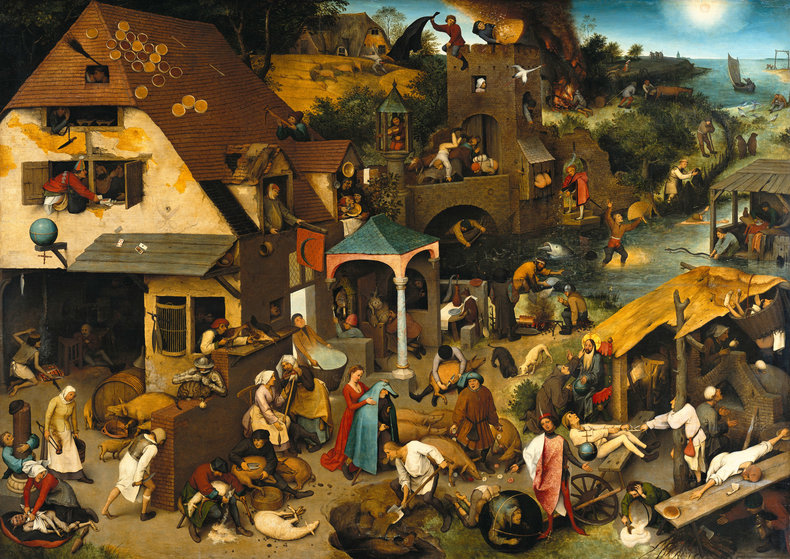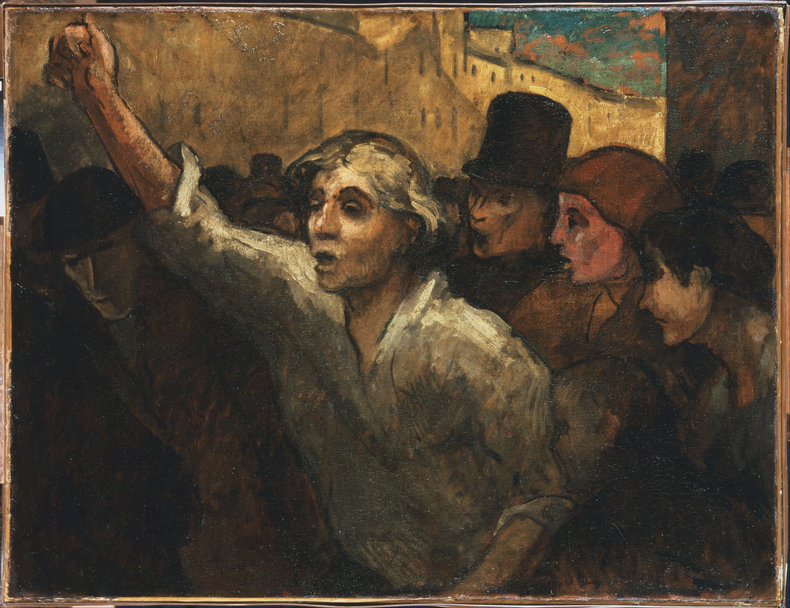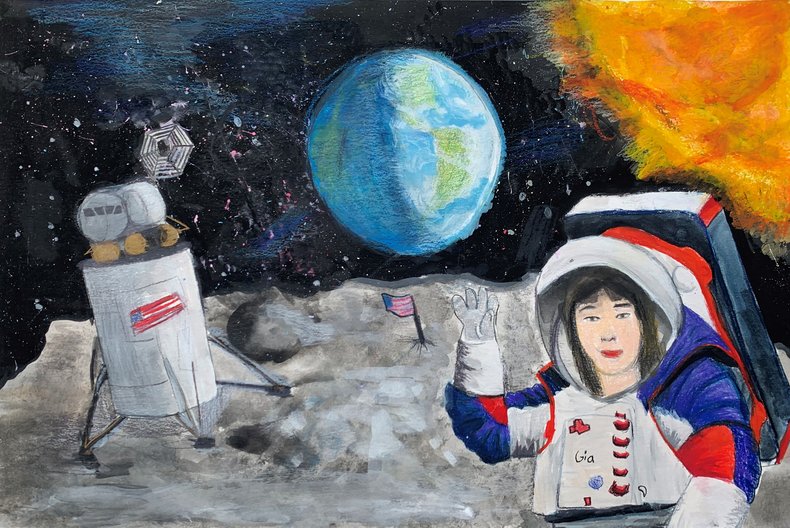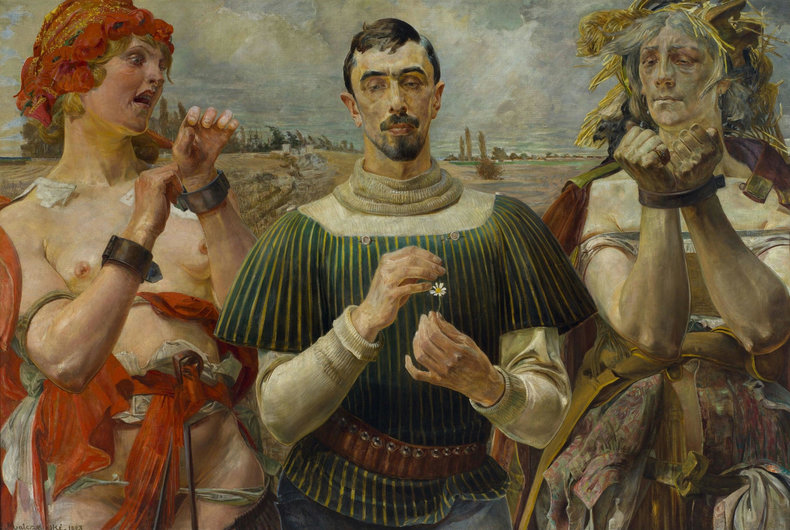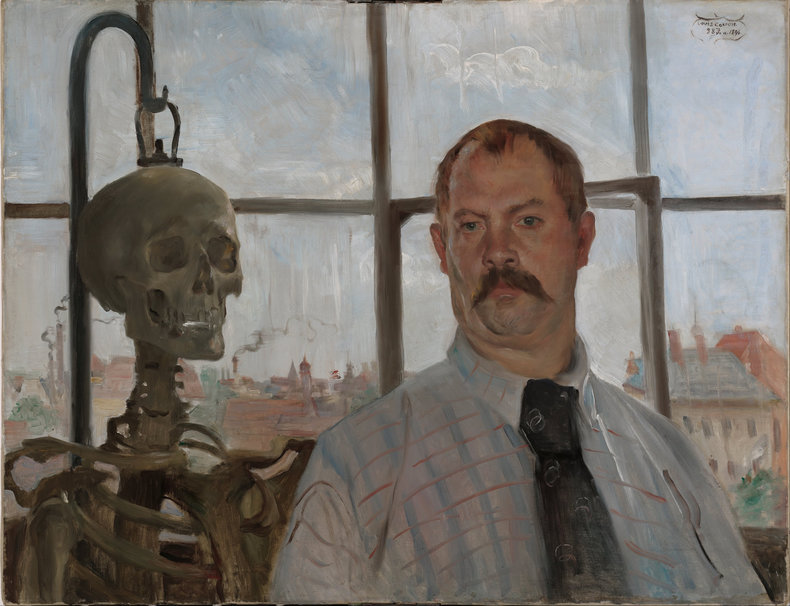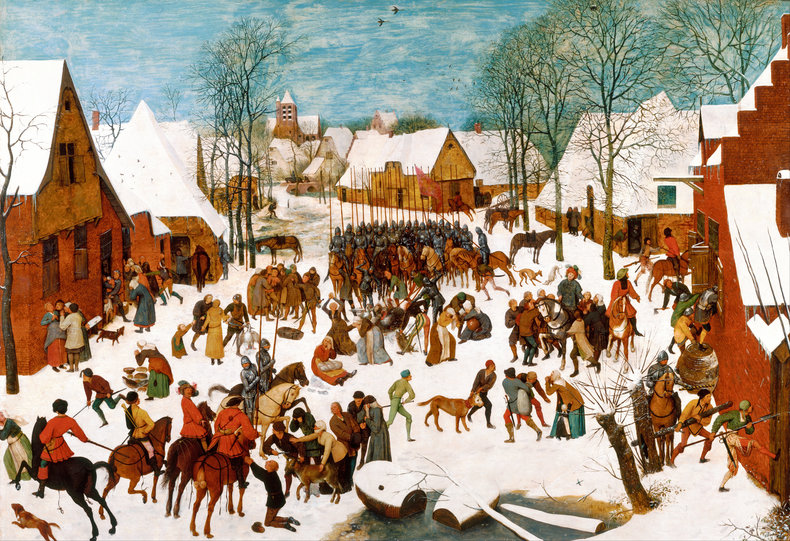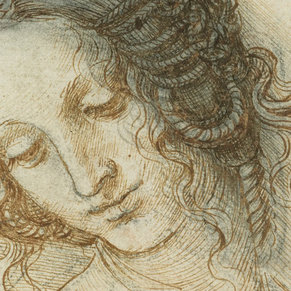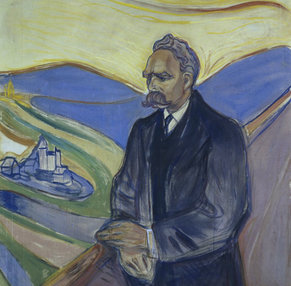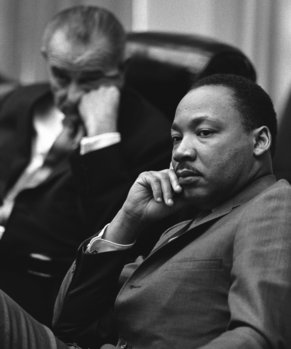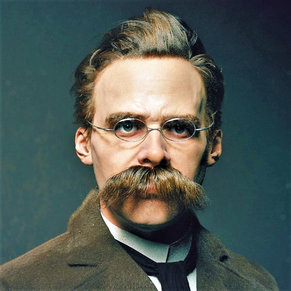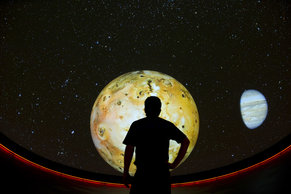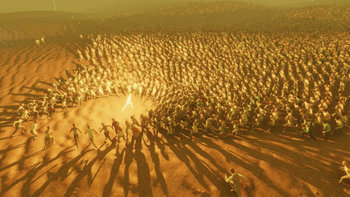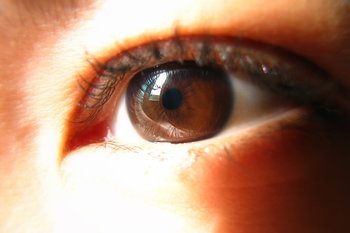|
| |
John Spacey, October 11, 2018 updated on April 28, 2023
Philosophy is the pursuit of foundational knowledge that seeks answers to root questions in areas such as existence, knowledge, values, purpose and reason. Problems in philosophy are often intractable with no authoritative solution. These are tackled with a process of questioning, critical discussion and rational argument. Philosophers such as Socrates, Plato, Aristotle, Kant, Nietzsche, Buddha and Confucius have had a profound influence on the direction of civilization and history. The following are examples of philosophy.
ExistenceDubito, ergo cogito, ergo sum.
Literally: I doubt, therefore I think, therefore I am
~ Rene Descartes, Principles of Philosophy What exists and how do we know. For example, the well known thought experiment I think therefore I am.Meaning of LifeThe meaning of life is that it is to be lived, and it is not to be traded and conceptualized and squeezed into a pattern of systems.
~ Jiddu Krishnamurti The question of whether life has a meaning or purpose. Proposed purposes include moving towards a higher power, happiness, ethical & moral conduct or achieving individual potential.
RealityI believe in everything until it's disproved. So I believe in fairies, the myths, dragons. It all exists, even if it's in your mind. Who's to say that dreams and nightmares aren't as real as the here and now?
~ John Lennon What is real and what does this even mean. People tend to think of reality as physical things. However, intangible things have a real effect. From a skeptical point of view, our observations of the world are also products of the mind such that our observation that something is "physical" could be imaginary.KnowledgeIf you would be a real seeker after truth, it is necessary that at least once in your life you doubt, as far as possible, all things.
~ René Descartes How can we distinguish between knowledge and belief. Can anything be known with certainty? Are there things that are unknowable?TruthTruth is stranger than fiction, because fiction has to be possible and truth doesn't.
~ Mark Twain, Following the Equator: A Journey Around the World, 1897 What is truth? Is truth universal, personal or does it depend on the question? Can we be objective or is everything inherently subjective?MoralityMorality is not the doctrine of how we may make ourselves happy, but how we may make ourselves worthy of happiness.
~ Immanuel Kant, Critique of Practical Reason, 1788 Questions of right and wrong such as our responsibilities and duties towards each other.ConsciousnessThe Forms are the objects of true knowledge, while the physical world is the object of opinion.
~ Plato The nature of consciousness such as the question of whether it is a purely physical process or whether it has an intangible source. For example, Plato's theory of The Forms whereby intuition is viewed as a connection to a universal source of knowledge and experience.The SelfI can abstract from the supposition of all external things, but not from the supposition of my own consciousness.
~ René Descartes
People tend to perceive themselves as an enduring entity that is separate from the world with a sense of intentionality and freedom. The philosophy of self considers the relationship between the self and the rest of the universe.Mind–Body ProblemExcept our own thoughts, there is nothing absolutely in our power.
― René Descartes The mind–body problem is the question of whether the mind is a product of the physical body and experience or whether it has intangible elements beyond the body. For example, Avicenna's "floating man" thought experiment that states if you are floating in a void with no sensory input you would still have a sense of self.The Human ConditionIn the depth of winter, I finally learned that within me there lay an invincible summer.
~ Albert Camus The observation that humans are often tragic and unhappy with contemplation on how life can be hard, unfair and absurd. Philosophy may point a way out of this or suggest that this is an inherent state.JusticeIt is better to risk saving a guilty person than to condemn an innocent one.
― Voltaire, Zadig et autres contes The question of how to make things fair or where the right to try begins and ends.AestheticsNothing's perfect, the world's not perfect. But it's there for us, trying the best it can; that's what makes it so damn beautiful.
― Hiromu Arakawa, Fullmetal Alchemist, Vol. 1 Aesthetics is the question of what is beauty. For example, the view that beauty is the ability to convey emotion or that is it an expression of style and spirit.The UniverseWe are just an advanced breed of monkeys on a minor planet of a very average star. But we can understand the Universe. That makes us something very special.
~ Stephen Hawking Pondering the origins of the universe and its nature. Philosophy of this type begins to resemble theoretical physics. Likewise, physicists often resemble philosophers.CausationWhether or not it is clear to you,
no doubt the universe is unfolding
as it should.
~ Max Ehrmann, Desiderata: A Poem for a Way of Life Questions of cause and effect such as the idea of destiny or scientific determinism -- the believe that the world is a machine with no chaos or randomness such that the future is already decided.Above: Polish Hamlet, 1903, by Jacek Malczewski. An allegorical portrait of Polish politician Alexander Wielopolski choosing between two futures for the nation. The woman on the left has broken her shackles and represents a free and youthful nation.TimeUnfortunately, the clock is ticking, the hours are going by. The past increases, the future recedes. Possibilities decreasing, regrets mounting.
~ Haruki Murakami, Dance Dance Dance Theories about time such as the observation that all things happen in a strict pattern of cause and effect that appears to be irreversible. This would mean that an action can never be undone and that the past is gone. The EternalI do not fear death. I had been dead for billions and billions of years before I was born, and had not suffered the slightest inconvenience from it.
~ Mark Twain The meaning and experience of death and what happens afterwards.Individual and CommunityThe individual has always had to struggle to keep from being overwhelmed by the tribe.
~ Rudolph Kipling, Interview with an Immortal, Reader’s Digest 1935 The duty of the individual to their community and what the community owes the individual. Other philosophies are concerned with individuals transcending society to seek their own meaning, purpose and self realization.The StateState is the name of the coldest of all cold monsters. Coldly it lies; and this lie slips from its mouth: "I, the state, am the people."
~ Friedrich Nietzsche The nature of government and society and how society gains the moral right to restrict individual choices.Human NatureMan is the only creature who refuses to be what he is.
― Albert Camus The nature, purpose and experience of being a human.
Philosophy
This is the complete list of articles we have written about philosophy.
If you enjoyed this page, please consider bookmarking Simplicable.
The definition of angst with examples.
The definition of humanism with a list of characteristics and criticisms.
The definition of individualism with examples.
The definition of rationalism with examples.
The definition of reality with examples.
The definition of human experience with examples.
The definition of stoicism with examples.
TrendingThe most popular articles on Simplicable in the past day.
Recent posts or updates on Simplicable.
Site Map
© 2010-2023 Simplicable. All Rights Reserved. Reproduction of materials found on this site, in any form, without explicit permission is prohibited.
View credits & copyrights or citation information for this page.
|

